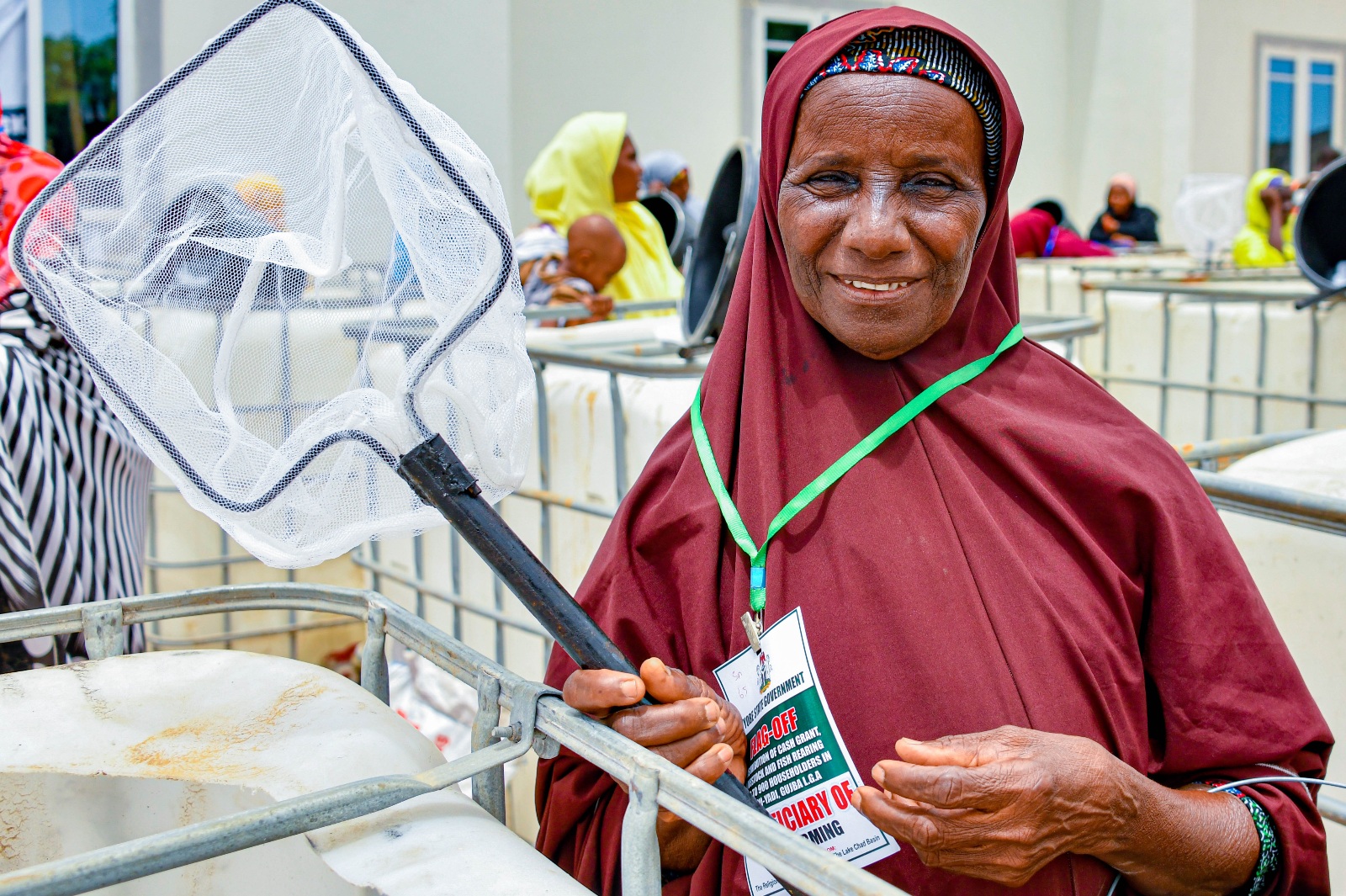
In 2024 we are setting out an ambitious agenda. The economies of today are failing women. Women are paid less than men in the same jobs; they do most of the unpaid household and care work and often have difficulty accessing finance and other wealth-creating resources.
It’s time to set things right. This means governments, development and finance actors, and public institutions committing to transformation on a massive scale. It will require everyone making different choices. It means putting gender equality at the centre of economies by introducing fairer tax systems, ensuring more women in leadership, addressing unpaid care work, expanding employment opportunities, and dismantling the laws and policies that are holding women back.
Seal of quality
We know that economic reform can only happen when institutions and policymakers are ready for gender equality, which is why UNDP’s Gender Equality Seal for Public Institutions, a voluntary recognition programme running in more than 30 countries, is helping public institutions go the extra mile to create equal opportunities for all. With the Sustainable Development Goals as our North Star, we’re building an ecosystem of partners across sectors to bring about the change we need. From local governments, tax authorities, and national banks, to grassroots women’s groups and entrepreneurship programmes, UNDP and partners are working to unleash women’s resilience and economic power. As we celebrate International Women’s Day under the theme 'Invest in women: Accelerate progress’, meet some of our partners and find out how together we are building a world where all women and their communities can thrive.
Argentina
Closing gender gaps in finance Women entrepreneurs are central to flourishing economies, yet women continue to face challenges accessing bank accounts and credit. Globally, some 1.4 billion adults remain unbanked, predominantly women living in rural areas with limited education and resources.
In November 2023, the National Bank of Argentina (BNA) became the first bank in the world to receive the Gender Equality Seal for Public Institutions, for its impressive results and commitment to reduce gender gaps in financial inclusion. To date, over 3,000 women-led companies have benefitted from several subsidized lines of credit established by the BNA, while the bank’s ‘Registered Program’ has developed a wide range of financial products dedicated to helping women access finance.
“We are grateful to the Seal because there really was an enormous commitment from all areas to create a Bank that works towards gender equality. From the institutions, we can promote and lay the foundations for a fairer and more equal society in terms of opportunities.”- Silvina Batakis, Former BNA President.
India
Climate change threatens to exacerbate poverty. Some of the most dire estimates indicate that by mid-century, 158 million more women and girls could be pushed into poverty – 16 million more than the number of men and boys. To help address the climate crisis, and to increase diverse employment opportunities for women, UNDP India has partnered with the Skill Council for Green Jobs. Green skills can help youths build careers in sectors like sustainable manufacturing, renewable energy and nature-based livelihoods. Rolled out across five states, the programme has trained 1,000 young people on modules covering four emerging roles in the renewable energy sector, like electric vehicle charging infrastructure, solar photovoltaic (PV) and solar thermal industries. To overcome the barriers that prevent women from accessing training and employment opportunities, the Skill Council offered an incentive of INR 2,500 (US$30) to each woman who participated in the training. After a 45-day programme, 23-year-old Tridha Tripathi, accepted a job as a solar PV installer at Saitech Energy Space Systems, a company that specializes in installing commercial and residential solar power plants in Madhya Pradesh.
“I was brought up to believe that science and engineering roles were suited for men… But in just a month and half of this training, I realized this was something I could do as easily.” -Tridha Tripathi, Solar PV Installer
Sahel
Partnerships with civil society, including global advocates, grassroots women’s organizations and young feminists’ movements, are essential to ensuring women’s diverse voices influence economies that work for all. More than 100 UNDP Country Offices have partnered with women's or feminist organizations, including those focused on increasing women’s political participation and gender equality in governance. In Burkina Faso, Côte d’Ivoire, Mali and Niger, UNDP has worked with the West Africa Network for Peacebuilding and the Economic Community of West African States to support cross-generational coalitions of women community leaders who are emerging as powerful advocates for peace and gender-responsive governance. Tapping into existing women's networks, National Women Coalitions (NWC), each represented by 30 leaders, were formed across the four countries to advocate for meaningful participation of women in political processes at all levels.
As a result, more than 120 women from the NWCs acquired the skills needed to effectively engage with important figures such as government officials and local leaders and obtain commitments for women's participation in governance.
“I've worked alongside smart, older women fighters and I'm going to follow in their footsteps so that I can do what they do, if not more.” -Marie Chitou, Niger
To keep reading, please visit: Unleashing women’s economic power | United Nations Development Programme (undp.org)
Source: UNDP
 Welcome to the United Nations
Welcome to the United Nations